Basque Rural Sports
Herri Kirolak
The traditional rural sports practiced in the Basque Country require great physical strength and endurance. All of these sports have their origin in work activities in rural areas that have been transformed into competitive sport activities among people to see who has the greatest skill in a given activity. For example, from the activity of cutting logs to supply firewood arises the sport of log cutting; from the activity of moving large rocks for construction arises the lifting of stones, and etc. Currently, there are 18 sports officially recognized as Basque rural sports.
-
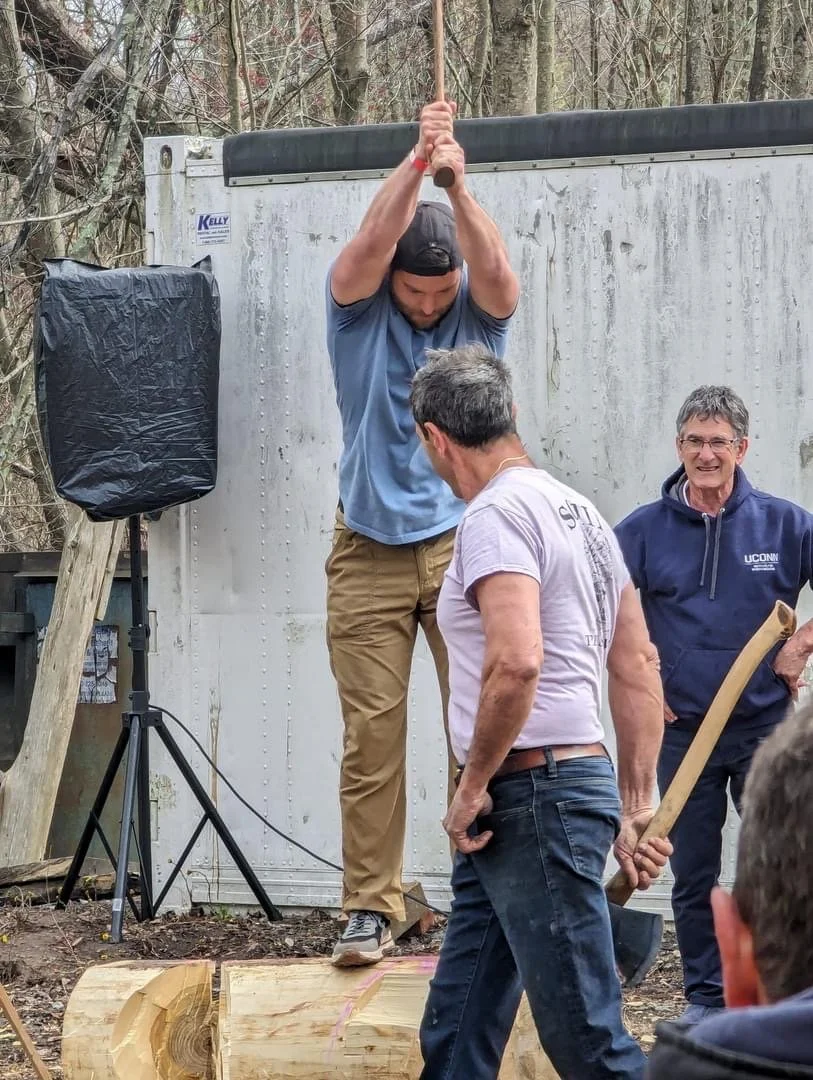
Log Cutting
Aizkora Proba
The sport of log cutting is practiced around the world, with an origin in not felling trees but cutting firewood, and consisting of cutting with an axe a certain number of logs of a certain diameter. The trunks—typically of beech wood and without bark—are placed on the ground in a horizontal position. The aizkolari (the athlete), attacks the trunks while on top, usually competing with several aizkolaris at the same time. Compared to the Australian or Canadian contests, the Basque ones are characterized by endurance, rather than speed.
-
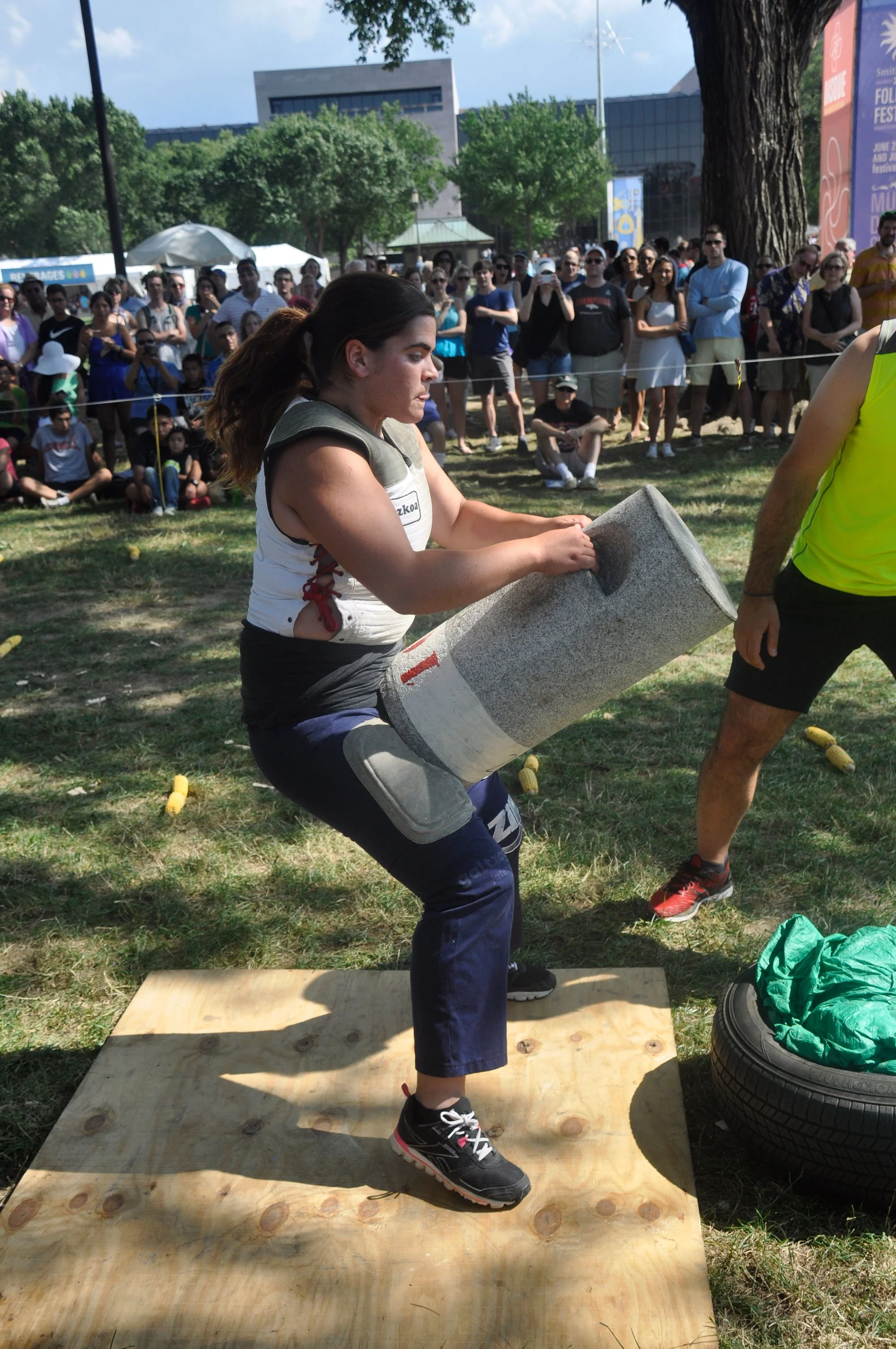
Stone Lifting
Harri-Jasotzea
A variant of weight lifting. A person, using their own strength and without using any utensil or mechanism, lifts a stone, weighted or not, from the ground to their shoulder. Although in some towns the traditional stones of irregular shape are preserved, the main current Harri-Jasotzaileak use the four regular shapes: spherical, cylindrical, cubic and parallelepipedal.
-
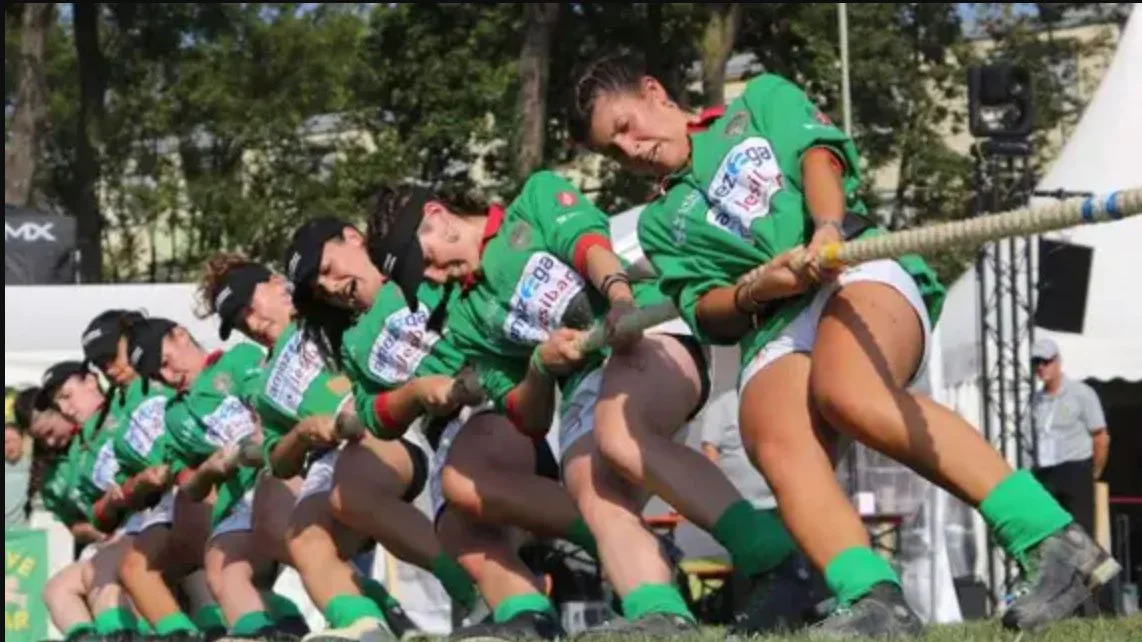
Tug of War
Soka-Tira
A rural sport in the Basque Country, although strictly speaking it is not a rural sport. It differs from these, because it does not have its origin in a work activity. It has always been a recreational activity and a game. It is a worldwide sport and has an international federation and has been an exhibition sport in several modern Olympics games.
-
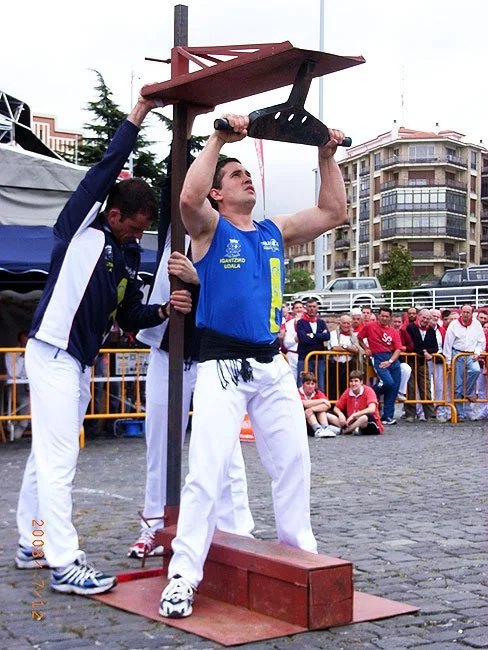
Anvil Lifting
Ingude Altxatzea
Anvil lifting consists of lifting an iron anvil as many times as possible from a base to a certain height.
-
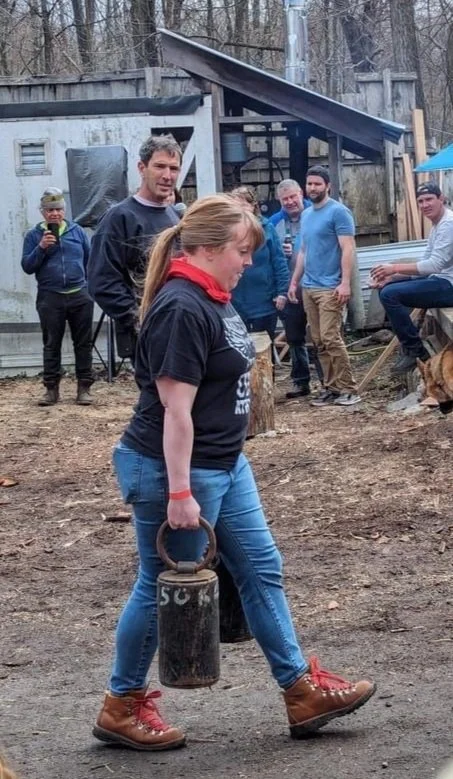
Txinga Race
Txinga Eramatea
Consists of carrying two weights, one in each hand, without time limitation, over the greatest possible distance. Often back and forth over the distance of a plaza, which is typically 28 meters.
-
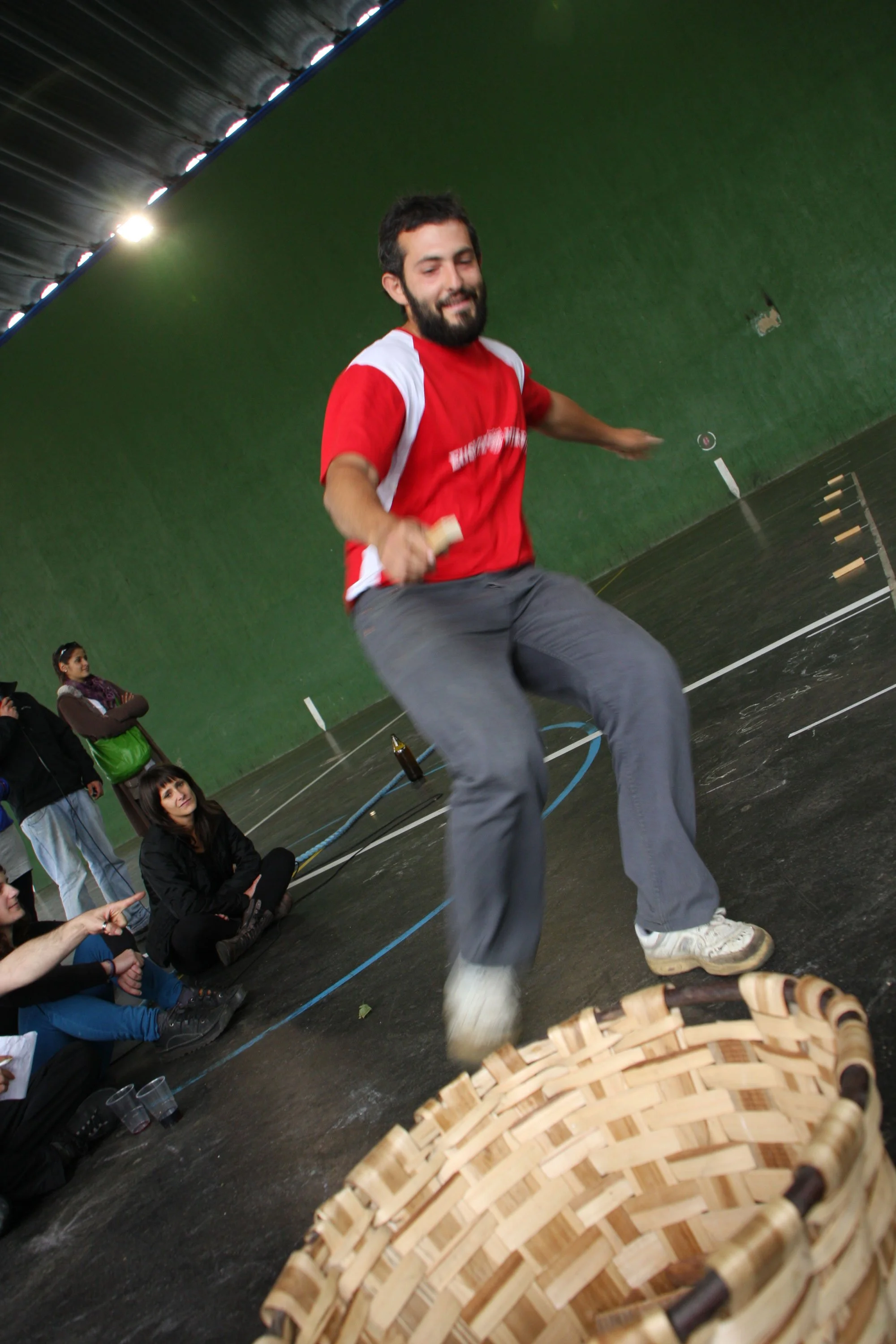
Harvesting Corn
Lokotx Biltzea
Involves collecting as much corn as possible in the shortest amount of time. The corn is piled in rows 4 feet apart.
